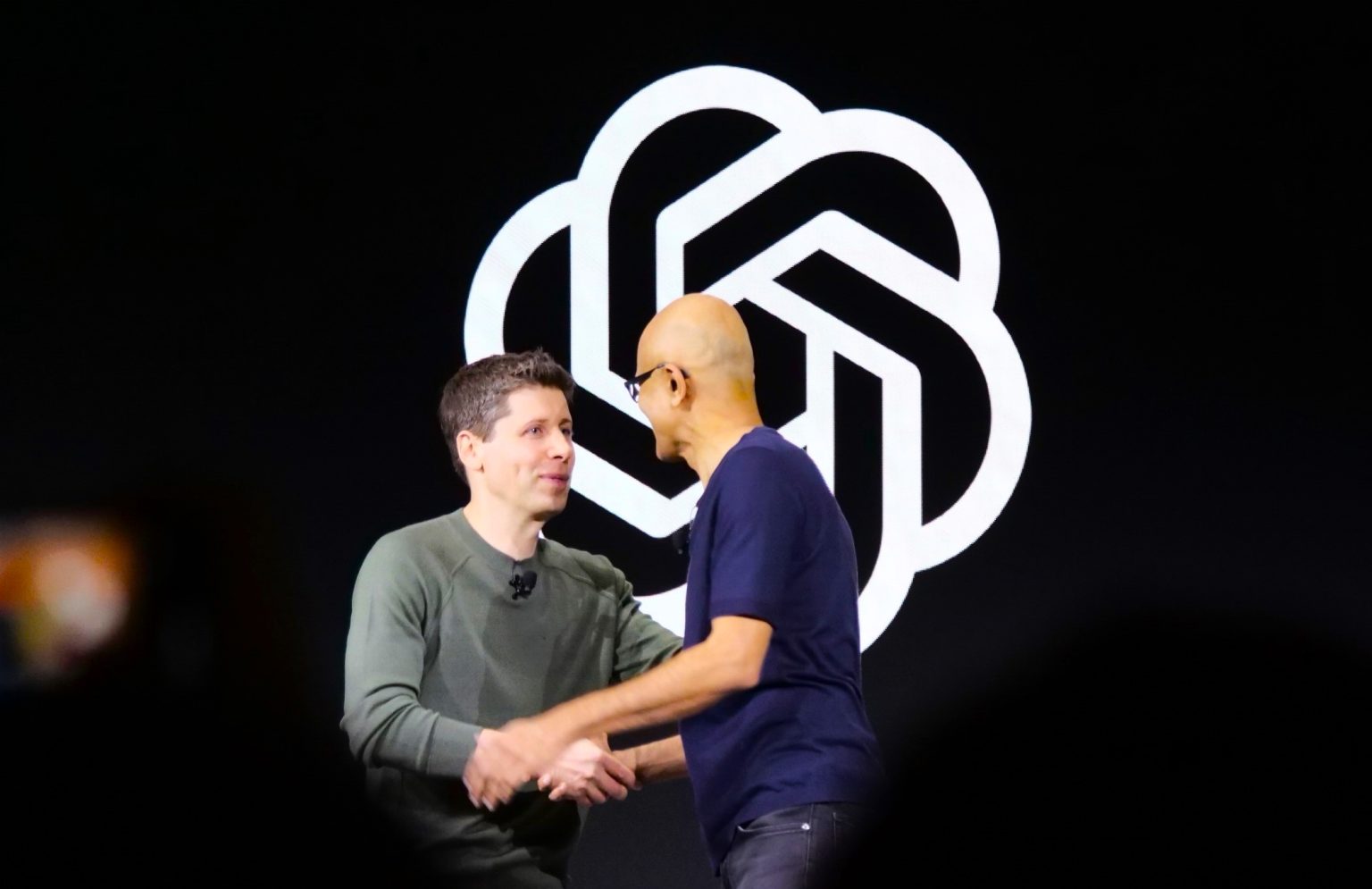Microsoft’s partnership with OpenAI is showing signs of strain due to a variety of factors. These include OpenAI’s increasing need for more funding and computing power, Microsoft’s recruitment of leaders from OpenAI rival Inflection AI, and questions regarding Microsoft’s equity stake in any future version of OpenAI as a for-profit company as reported by the New York Times and the Wall Street Journal. While Microsoft has not commented on the situation, OpenAI’s CEO Sam Altman remains optimistic about the future of the companies. However, it is clear that Microsoft is taking steps to ensure its own future in the AI space, regardless of its relationship with OpenAI.
GeekWire recently addressed some of the underlying issues in Microsoft’s history in AI as part of their Microsoft @ 50 series. Microsoft has been asked whether they are essentially outsourcing long-term AI research to OpenAI, to which the company has responded by highlighting its long history and ongoing work in AI research and applications. However, the situation became more relevant with the news that one of Microsoft’s key AI researchers, Sebastien Bubeck, is moving to OpenAI. This development raises further questions about the dynamics between the two companies and their respective approaches to AI research.
The establishment of OpenAI’s satellite office in Bellevue, Washington, near Microsoft’s headquarters, has also raised eyebrows. While the office provides OpenAI with a convenient location close to its partner, it also puts the startup in closer proximity to Microsoft’s current employees, potentially enabling them to easily transition between the two organizations. Sam Altman has previously referred to the Microsoft-OpenAI partnership as the best bromance in tech, but recent events indicate that their relationship may be evolving into a more complex dynamic, bordering on frenemy territory.
The reports on the fraying partnership between Microsoft and OpenAI highlight the challenges facing both companies as they navigate the rapidly evolving AI landscape. OpenAI’s need for additional resources, combined with Microsoft’s strategic hiring decisions and questions about equity stakes, underscore the complexities of collaboration in the tech industry. Despite these challenges, both companies remain focused on advancing AI research and applications, albeit with potentially shifting dynamics in their relationship.
As Microsoft continues to assert its presence in the AI space, developments such as the recruitment of AI researchers from rival companies and the evolving nature of its partnership with OpenAI shed light on the company’s strategic priorities. While OpenAI’s partnership with Microsoft has been mutually beneficial in the past, recent developments suggest a more nuanced relationship that may require both parties to reassess their positions and strategies moving forward. The future of their partnership and the implications for the broader AI industry remain uncertain but will undoubtedly have significant implications for both companies and the AI ecosystem as a whole.


